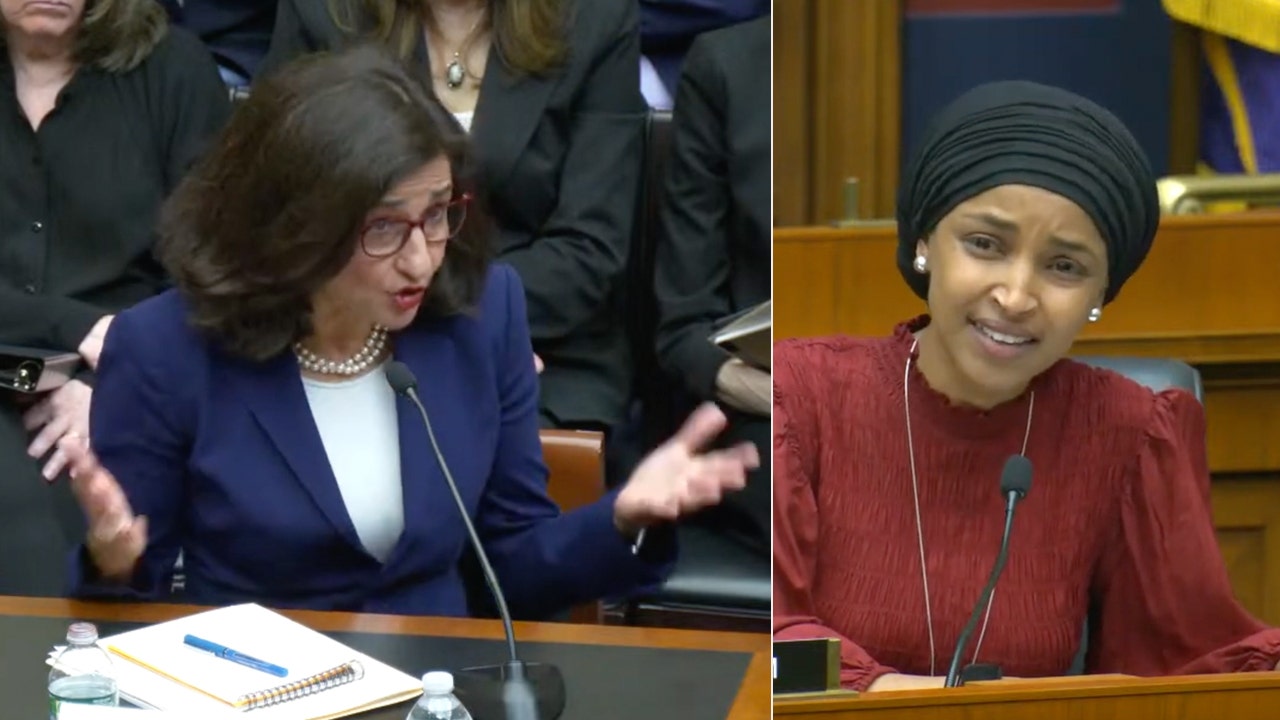- Recent studies show the incidence of early-onset cancer diagnosed in adults under 50 is increasing.
- Scientists are not completely sure what is causing the increase.
- Researchers from Washington University School of Medicine suggest accelerated biological aging is driving the increase in early-onset cancers.
Recent studies show the incidence of cancer diagnosed in people under the age of 50 — known as
The recently released
Another recent study reported that the early-onset incidence of 29 cancers increased by about 79% globally between 1990 and 2019, with early-onset cancer deaths also rising by about 28% during that time.
While the data shows early-onset cancer is increasing, scientists are not completely sure what’s causing the increase. Most agree
Now, a new study suggests accelerated
“Multiple cancer types are becoming increasingly common among younger adults in the United States and globally,” Ruiyi Tian, MPH, a graduate student at Washington University School of Medicine in St. Louis and lead author of the study said in a news release.
“Understanding the factors driving this increase will be key to improve the prevention or early detection of cancers in younger and future generations.”
For this study, researchers analyzed the data of more than 148,000 people in the UK Biobank.
Each participant’s biological age was calculated from readings of nine
If a study participant’s biological age was higher than their chronological age — or their birth age — then researchers considered them to have accelerated aging.
After examining biological age and accelerated aging data, scientists found that participants born in or after 1965 had a 17% increased likelihood of accelerated aging compared to those born between 1950 and 1954.
Researchers discovered accelerated aging was associated with higher risks of developing early-onset cancers such as:
Researchers also found that accelerated aging was linked to a 16% increased risk of late-onset — defined in this study as after age 55 — gastrointestinal cancer and a 23% heightened risk of late-onset uterine cancer.
“By examining the relationship between accelerating aging and the risk of early-onset cancers, we provide a fresh perspective on the shared etiology of early-onset cancers,” Tian said.
“If validated, our findings suggest that interventions to slow biological aging could be a new avenue for cancer prevention, and screening efforts tailored to younger individuals with signs of accelerated aging could help detect cancers early.”
After reviewing this study, Anton Bilchik, MD, PhD, surgical oncologist, chief of medicine, and director of the Gastrointestinal and Hepatobiliary Program at Providence Saint John’s Cancer Institute in Santa Monica, CA, told MNT this was one of the most fascinating studies he’s read in a long time.
“We’re seeing a massive increase in patients with early onset cancers, particularly colorectal cancer, and we don’t have any good explanations,” Bilchik noted.
“This sheds some new possible explanations as to the reason for people getting early onset cancer. It’s absolutely fascinating to me that there seems to be accelerated biological aging in individuals born after 1965 versus those born earlier between 1950 and 1954,” he said.
MNT also spoke with Jack Jacoub, MD, a board certified medical oncologist and medical director of MemorialCare Cancer Institute at Orange Coast Medical Center in Fountain Valley, CA, who said he was surprised by the simplicity of the parameters that were evaluated in this study.
“Those nine different tests are tests that you have every time you get bloodwork for the most part for a physician,” Jacoub explained.
“So I was pretty impressed with the fact that here are these nine parameters that seem to have been helpful to determine this conclusion that investigators had,” he said.
“The
cellular aging concept is something that people should be aware of because it’s increasingly becoming a very hot topic in our fields. The story behind cellular aging is a growing one, and people should be familiar with it because it has some implications not only in cancer development but also (in) human diseases in general.”— Jack Jacoub, MD, oncologist
Andre Goy, MD, chair of oncology and physician-in-chief for oncology at Hackensack Meridian Health in New Jersey, told MNT that the increase in early-onset cancer is likely lifestyle-related. Goy was not involved in the study.
He noted the American Cancer Society (ACS) states that
- obesity
- sedentary lifestyle
- smoking
- alcohol
- lack of exercise
- tress-related factors
When asked what people could do to help slow down their biological aging, Goy suggested improved dietary habits and getting regular physical activity “would be a huge factor.”
“We will evolve toward preemptive medicine driven by molecular wellness — measure the benefits of changed behavior. Brain health issues are not often taken into consideration but there cannot be sustained changed behavior without full participation of the subject,” Goy continued.
“Today, social media drives people’s behavior, including eating habits and less exercise — all ‘free time’ is spent on the screen — in addition to emotional exhaustion from constantly chasing a virtual ‘world’.”
“We also need additional studies in other populations to look at the impact of changing lifestyle factors — how, when, and how much we can modify this biological age and how it impacts cancer risk. I am convinced the common denominator among these factors is particularly the microbiome changes, secondary to poor diet, which lead to chronic inflammation and promotion of cancer. Correcting dysbiosis will be at the cornerstone of medical intervention in the future.”
— Andre Goy, MD, oncologist













